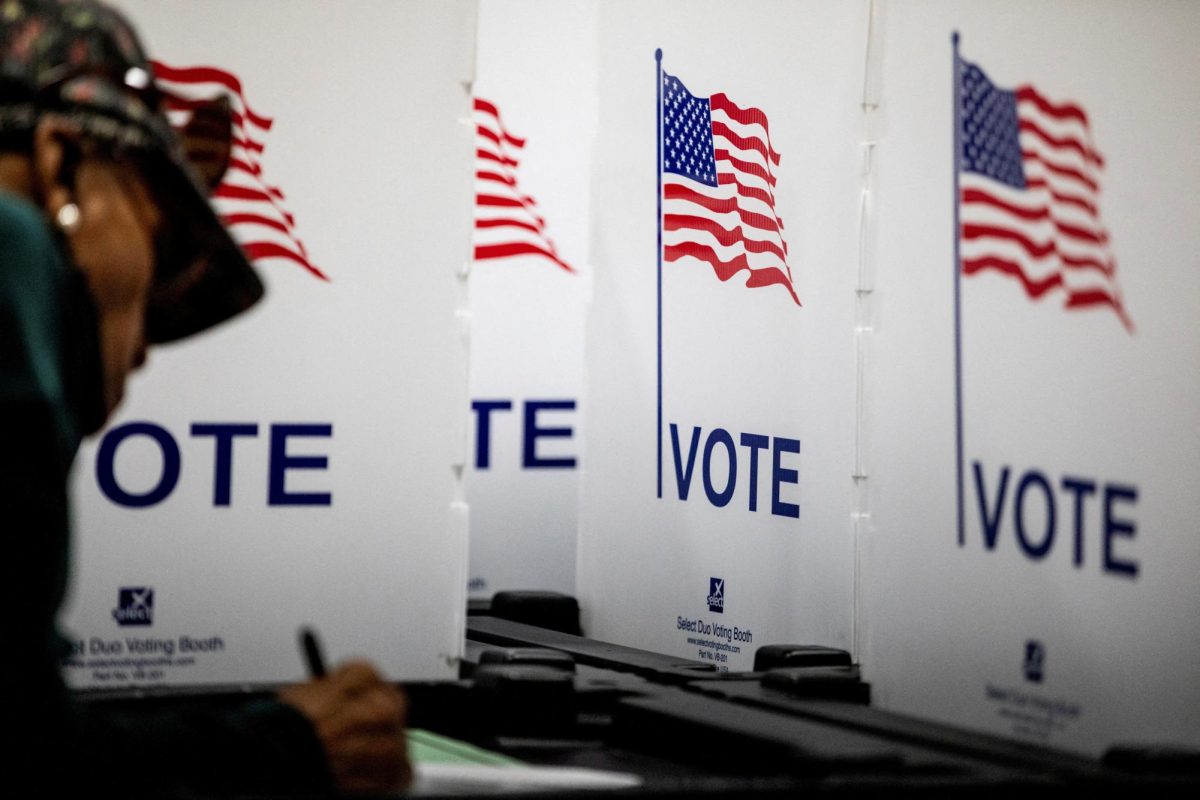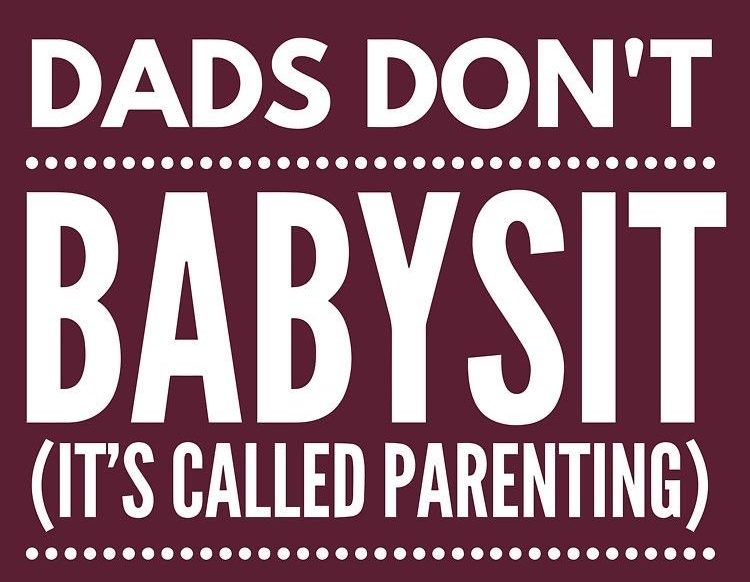Let’s talk. I have a question for you; what is the first thing you think about when someone mentions immigration? Is it the people that come here? Is it I.C.E? Is it protests? If you thought of any of these topics, you would not be wrong as they have become the right answers. The bigger question is, how do we feel about it?
Everyone knows that immigration in the United States is through the roof and is a big ‘problem’ to some people. Still, is it really a problem when economic theory and academic research confirmed that wages are unaffected by immigration and that “the economic effects of immigration are mostly positive for natives and for the overall economy”? That is information from Congress.gov, and I do think that it is plausible. Immigrants are not substitutes for native-born workers in U.S. labor markets, but they are not necessarily competing for the same jobs. The article also says that studies have found that immigration has raised average wages of native-born workers during the last few decades instead of lowering them. Immigrants have generally improved the government’s fiscal situation, as a lot of immigrants tend to pay more in taxes over a lifetime then they consume in government stores, but, native-born residents of states with larger problems with less-educated immigrants may face bigger tax burdens, as they pay less in taxes and are more likely to send their children to public schools.
With these statements so far, it seems like there is not an issue with immigration. I would like to talk about the “immigrants are taking our jobs” statement, so I will be getting into that now.
There seems to be one popular view, and that is how immigrants are ‘taking’ peoples jobs and while they may be getting hired in place of some native-born Americans, they are also spending their wages on homes, food, goods, and services, which expands domestic economic demand. This helps increase the demand, which generates more jobs to build homes and make and sell food. Congress.gov also states that, “standard economic theory implies that while higher labor supply form immigration may initially depress wages, over time firms increase investment to restore the amount of capital per worker, which then restores wages.” That said, they cancel each other out. The impact of immigrants across education groups varies the biggest impact being on the supply of workers without a high school degree versus the workers at the high end of the education spectrum. Immigrants who have recently arrived are less likely to have a fully completed high school diploma, at the higher end of the spectrum, immigrants who have lived here for a while are more likely to have a fully completed college education and hold more advanced degrees than their native counterparts, meaning that immigration has raised the supplies of the least and most skilled workers.
Not only is it a good thing in the economic world but is it also a good thing within the educational world, as both of them have big impacts on the world, it can change perspectives of people if they genuinely look into and truly care about it, not having a certain someone’s biased opinion on this side of things, as all the research I’ve looked at on this topic seems to be bringing out the good side of immigration. I do think that that a lot of people have the same opinion on immigration, and I do think that it is a good opinion.










